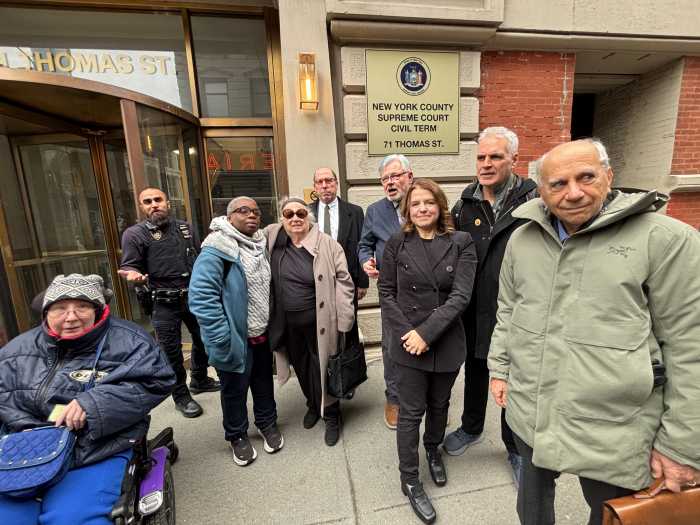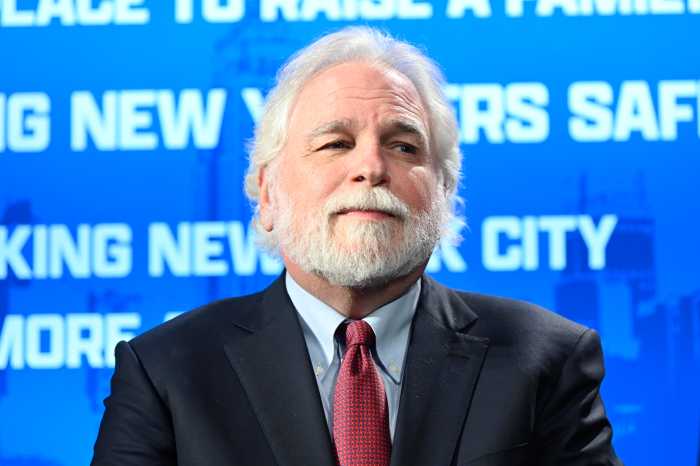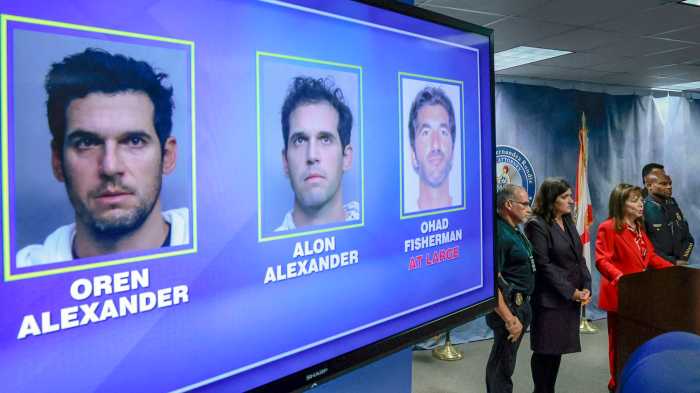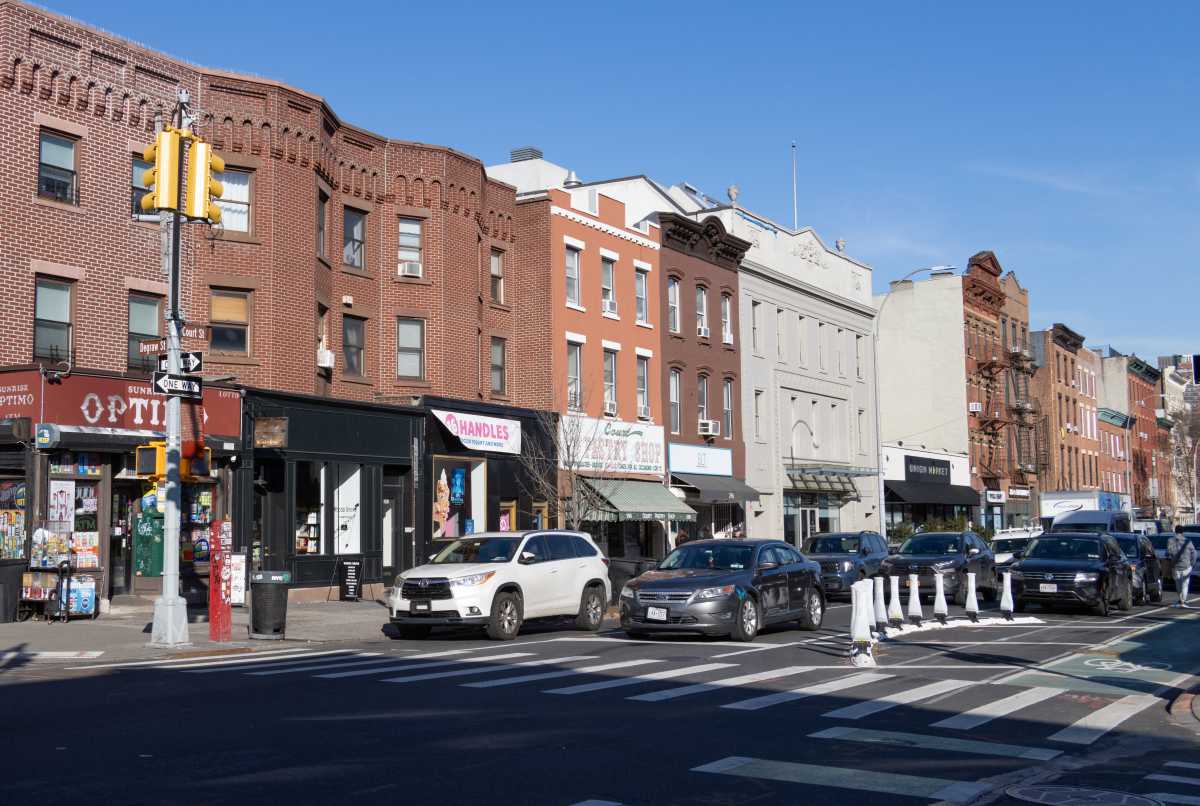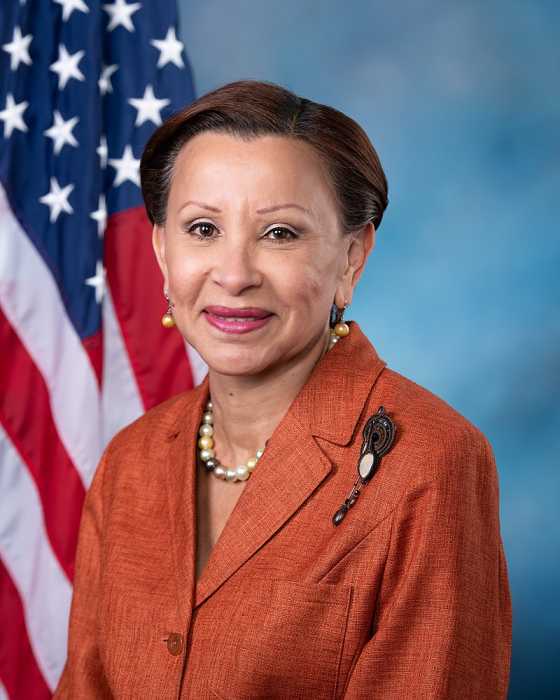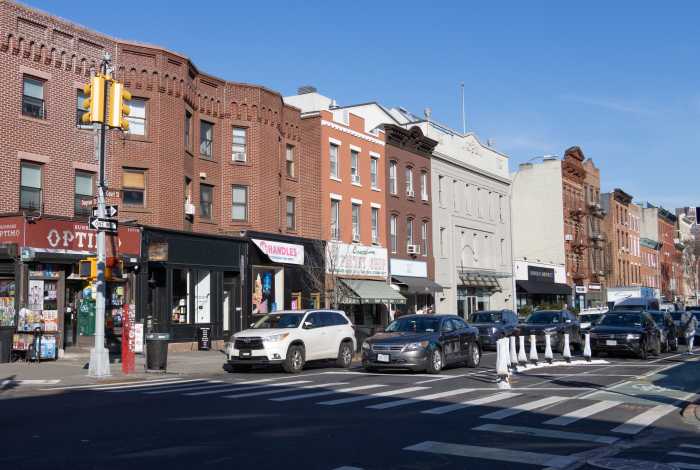
There was a record-low number of fire-related deaths in 2016 while response times improved, FDNY officials said Monday.
Last year also saw a decrease in serious fires, or a blaze that escalated to a full one-alarm or higher. There were 2,313 serious fires in 2016, a 9.1% drop from 2015, when there were 2,545.
And there were a total of 48 fire-related deaths last year, 30 of which were in homes with no working smoke alarms, FDNY Commissioner Daniel Nigro said.
“What happened in the last year was extraordinary,” Mayor Bill de Blasio said Monday, speaking at a firehouse on Canal Street. “This is a record to be very, very proud of. And it means that people are alive today because [the FDNY] continue to do the work better and better each year.”
Nigro said firefighters respond to about 800 medically-related calls each day, as well as other emergencies, like fires, gas leaks, car accidents and subway-related issues. In 2016, EMS responded to more than 1.4 million medical emergencies, a record high, according to the department.
“Medical calls have become a significant part of the role of our firefighters, but they still do not occupy the bulk of their responses,” Nigro said. “The Fire Department is looking at ways to enhance our training and include more of our resources to medical calls, absolutely. But we cannot overlook the tens of thousands and hundreds of thousands of other calls that are not medically related that need a different skill set.”
“We continue to adjust each year to how things are changing in our growing city.”
In terms of response times, fire units responded five seconds faster in 2016 (or in 4 minutes and 52 seconds), compared to 2015, according to the department. And EMS recorded a 21 second average improvement, getting to a call in 8 minutes and 59 seconds in 2016.



